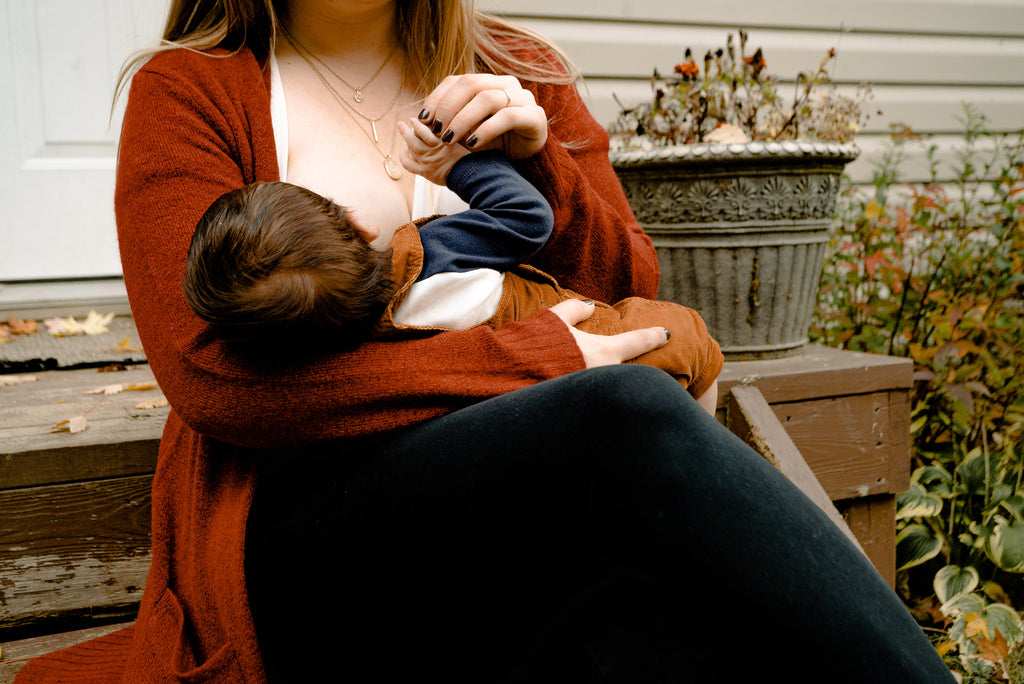Considering fasting while breastfeeding? Read on for everything you need to know about fasting during this time.
Any form of fasting can be complex if done without any prior research or consultation. Especially during the period of breastfeeding, fasting can become slightly more tough to execute. It is common knowledge though, that women who are breastfeeding require considerably more calories per day as these provide nutrients to the child. In light of this, fasting would disrupt the calorie intake thereby reducing nutrient supply to the child. That being said, it is not entirely unfeasible or unsafe to fast during this time. For religious, as well as personal reasons, a lot of women fast while lactating. Here's what you need to know if you're considering fasting while breastfeeding but are unsure of the ramifications.
Firstly, it is always recommended to consult your doctor before going ahead with your fasting schedule. If you have succeeded in efficiently fasting before and your doctor agrees with your model of fasting, then fasting to a moderate level can be done without any hesitation. It is safe to attempt weight-loss while breastfeeding, provided your milk supply is fully established and you proceed gradually. This implies waiting until you are at least 6 to 8 weeks postpartum and aiming to lose no more than 1 pound a week by continuing to eat at least 1,800 calories per day. If you do plan on breastfeeding and fasting in tandem, certain points need to be kept in mind so as to maintain the health of you and your child:
A healthy diet is absolutely essential for the fasting period.

You may be skipping out on certain foods, hence it is important to substitute them with a healthier alternative before and after your fast. Maintaining a high nutrition quotient before you begin your fast will act as an energy bank for your body to continue burning calories. It will also provide enough nutrition to your child. The nutritional quality of a mother’s milk is largely determined by her diet. Therefore, an intake of fewer calories, imply relatively less consumption of vitamins and minerals overall. This ultimately results in less nutritious milk. Thus, it is best to consider incorporating high-carb and protein-rich foods prior and post your fast with plenty of fluids throughout the day. A healthy diet ensures that your milk continues having a high nutrition percentage to offset the low calorie intake.
It is very important to keep your body hydrated for the entire duration of your fast.

Dehydration, in addition to fasting, can lead to multiple complications. Breastfeeding especially can make you feel excessively parched. So, make sure you get in ample amounts of liquid before, after and even during your fast.
Your exercise schedule.

It should be kept in mind to avoid intense exercise or heavy chores during the fasting period to avoid burning unnecessary calories.
Rest as much as possible and avoid exerting yourself till the fasting period is over.

This helps store your energy for longer periods. Breastfeeding is physically demanding on your body, hence adequate resting ensures a steady supply of calories so that you have energy to avoid feeling lethargic.
Fasting for short periods during breastfeeding is not likely to shorten your milk supply as your body adjusts accordingly. In fact, studies show that fasting does not necessarily affect milk supply. What it does affect is the concentration of lactose and potassium and the milk’s overall nutrient content. These studies all ultimately conclude that women should work closely with their healthcare providers when it comes to fasting and its potential risks for them. While doing so, it is also important to keep in mind that the effects of fasting vary from individual to individual and can be considerably different depending on multiple factors. However, generally, shorter fasting windows are recommended and the focus should be more on what you eat rather than when you eat.
The bottom line is that while fasting during breastfeeding is not entirely unsafe, there are potential risks that can come into play. The key is to listen to your body, observe your child’s health and opt for a mild approach if you plan on fasting when breastfeeding. Remember to always consult your doctor and keep them informed of your progress.

